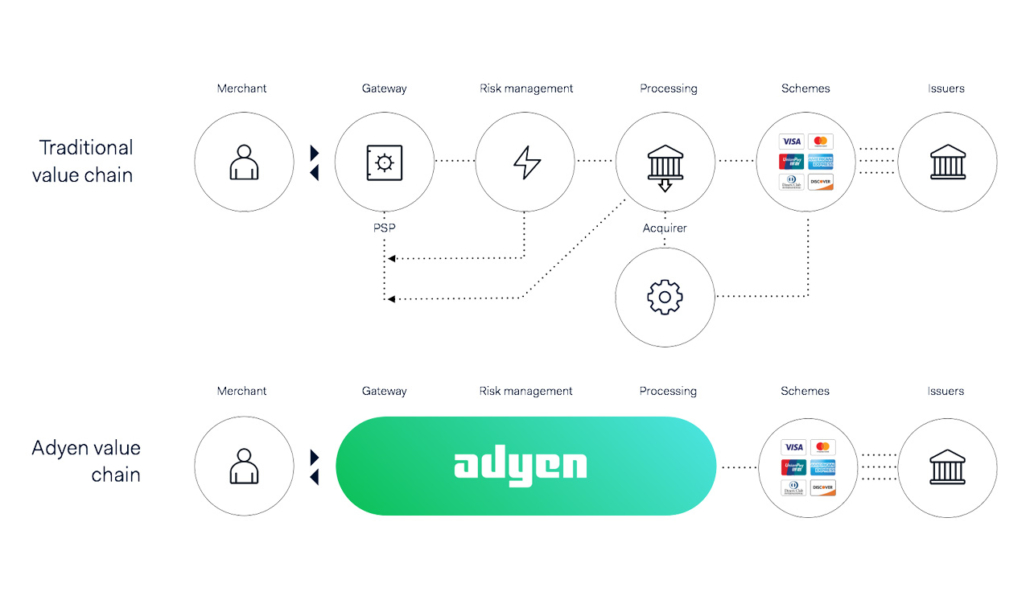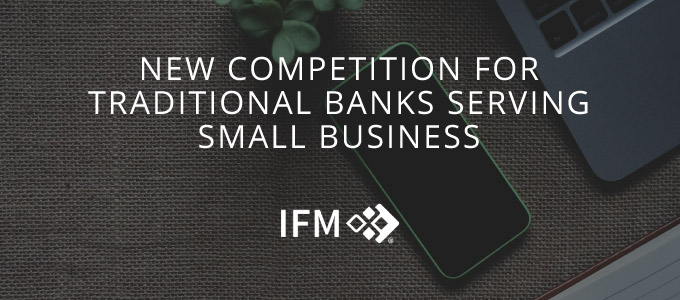As the U.S. economy slowly emerges from the impacts of COVID-19, many individuals are re-opening their small businesses, others have left corporate jobs to start businesses, and many recently retired baby boomers started micro-businesses as a way to help supplement retirement income.
For traditional financial institutions, there are many opportunities to become the primary bank for these small businesses. Traditional financial institutions are readily equipped to service these small businesses with checking accounts, credit cards, business loans, and merchant services. However, the payment landscape is continually changing with modern technologies and new competitors are working to attract more of the traditional banking relationship of these small businesses.
The Changing Payments Landscape
An example of a company changing the payments landscape is called Ayden, which was highlighted in a recent article by Fortune. Ayden is a payment company based in Amsterdam that allows businesses to accept e-commerce, mobile, and point-of-sale payments. The value proposition of the company is that they can make payments choices easy for merchants by providing a full end-to-end solution, managing the entire payment flow from checkout through to final settlement. A single platform that is a payment gateway, risk management system, and acquirer rolled into one is an alternative to the payment processing offered by many legacy banks that still use disparate tech that was developed as far back as the 1980s.

Ayden is expanding beyond its payments business to specifically target bank services to small businesses that operate on Ebay, Etsy, and AirBNB. Adyen has grown its payments business by 70% in 2021 and is looking to continue its rapid growth.
The Fortune article also mentions Block (formerly Square) and Stripe are also providing banking services to small businesses. The primary difference between Block and Stripe is that Stripe is best suited for e-Commerce while Block is a specialist for in-person transactions. Regardless of the platform, there is a lot of information for small business owners to consider before identifying which solution can best meet their needs.
Small business owners getting started in the post-COVID economy are presented with a jaw-dropping number of options to accept payments into their business. Innovators such as Ayden, Block, and Stripe are enabling businesses to gain access to hundreds of payment methods and many different currencies to help them streamline operations, reduce costs, and optimize results.
Understanding the rapid change in the payments space is critical to enabling an effective strategy to grow and retain your relationships with existing customers. Financial technology firms and non-traditional financial services firms are providing more products and services that encroach on traditional FI’s core business banking relationships. IFM can provide deep insight into your business customer’s external relationships (merchant services, lending, credit cards, etc.) and assist with leveraging this insight to identify opportunities to deepen relationships with your existing customers.
To learn more about IFM’s strategy and analytical capabilities you can communicate directly with me at rreale@infimark.com, or visit our website at www.infimark.com.

Rob Reale is an Associate Partner and National Sales Manager responsible for business development and sales at Insight Financial Marketing. Rob began working in the Mortgage Banking industry in 1990 and currently helps the financial service industry leverage unique and innovative solutions.




